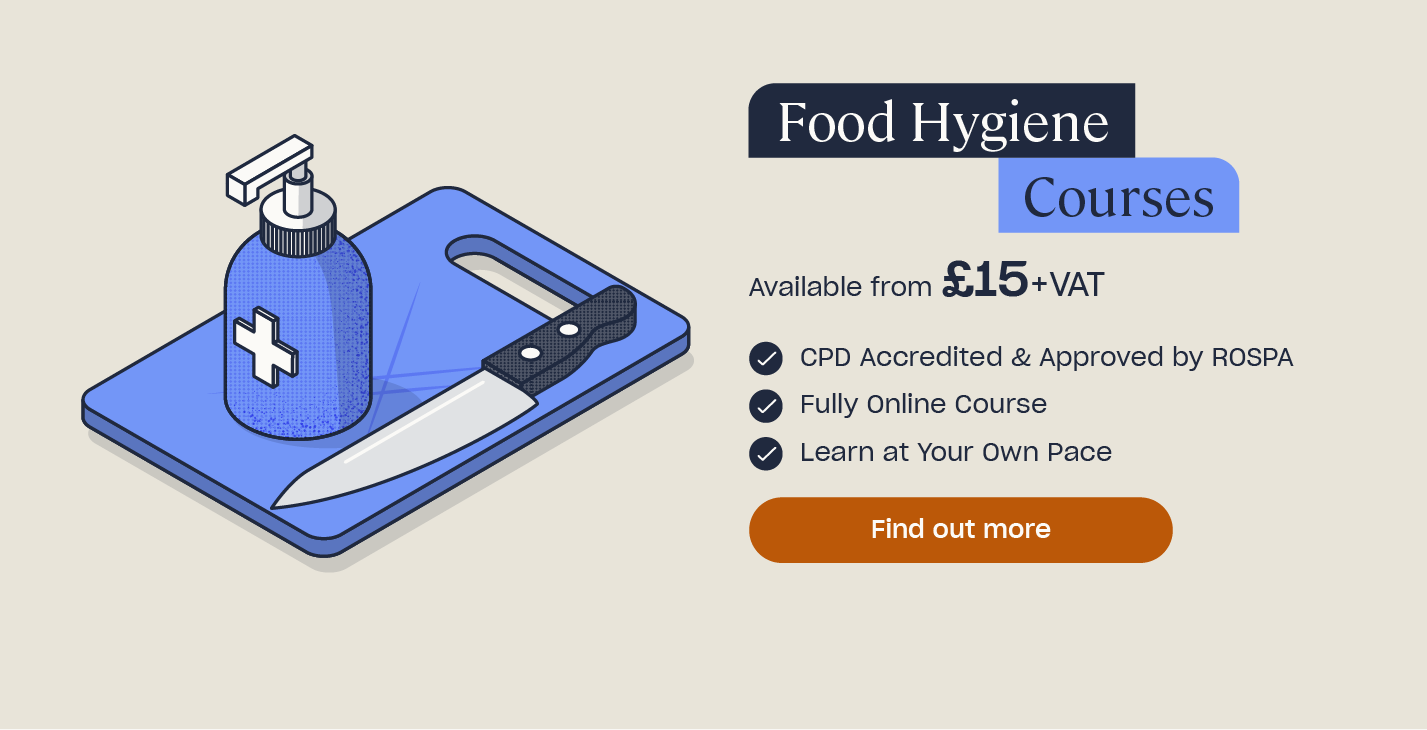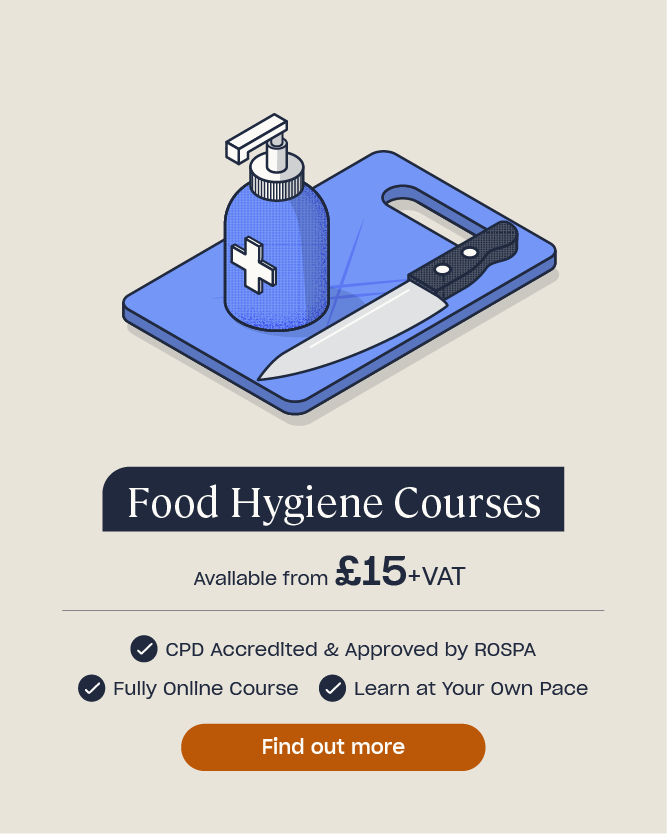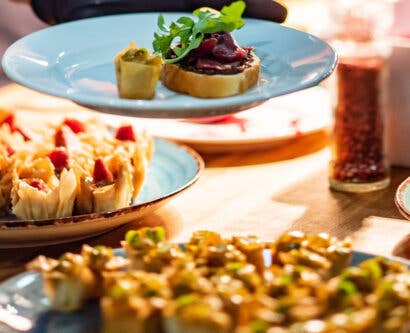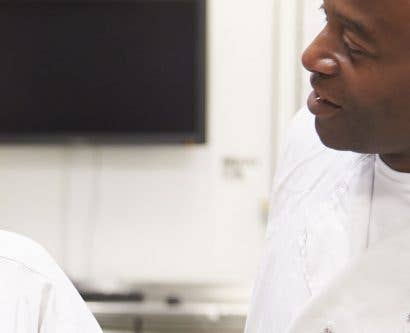How to Become a Barista
Baristas commonly work in coffee shops or cafes serving people a wide range of delicious coffee-based drinks. Baristas are often in high demand and training as a barista is an incredibly valuable skill that can enable you to work in a wide range of establishments. This article will explore what a barista is, the day-to-day responsibilities of a barista and how you can start a career as a barista.

What Does a Barista Do?
Baristas typically work in coffee shops, cafes or restaurants preparing and serving coffee and other hot drinks to customers. They have a comprehensive and expansive knowledge of coffee which they use to create high quality and inventive beverages.
Responsibilities of a Barista
The responsibilities of a barista can vary depending on where you work, however there are certain responsibilities that most baristas will have regardless of location. These include:
- Preparing and serving hot drinks
- Serving food
- Customer service
- Equipment operation and maintenance
- Regular cleaning
- Stocktaking
- Maintaining food hygiene and safety standards
- Opening and closing checks
What Qualifications do you need to be a Barista?
You do not need any formal qualifications to become a barista and many establishments will train you on the job. However, it can be advantageous and set you apart from the crowd if you have relevant experience/training or transferable skills. For example, if you know that you want to become a barista, you may choose to take a specialist barista training course to teach you the hard skills that are integral to the position. Courses are widely available and can vary in price, however they will provide you with the fundamental training that you need to become a barista. Some colleges also offer barista training with certification upon completion. You can then apply to barista positions with invaluable experience and certifications depending on the course that you take.
Whilst you do not need any formal qualifications to become a barista, many employers prefer employees to have a GCSE in maths and English. Stock management, using the tills and understanding the menu are all important facets of life as a barista and a qualification in maths and English can reassure prospective employers that you have the necessary skills to complete these duties effectively. Nevertheless, it’s important to note that experience and potential can often be more valuable than formal qualifications. Having experience as a barista, having completed formal training or demonstrating an ambitious enthusiasm, can be incredibly appealing to a prospective employer and carry more weight than GCSE qualifications.
Unlike many other vocational careers, it can be tricky to find a barista apprenticeship. Most apprenticeships that include a focus on coffee come under the border umbrella of hospitality and include training in a range of roles within the hospitality industry. However, as mentioned, some coffee shops/cafes offer training which is comparable to an apprenticeship in that it is hands-on, paid and can result in a job at the end.
Want to Learn More?
Stand out from the crowd by bolstering your knowledge of food safety and hygiene practices. Courses such as our Level 2 Food Hygiene and Safety for Catering and Food Allergen Awareness Training will provide you with the knowledge to work safely and legally. We also have a range of material on allergens such as: What is Owen’s Law?, What is Cross-Contact? and Allergen Guidance for the Out-of-Home Sector from which you can gain vital understanding and impress prospective employers.
Skills of a Barista
There are numerous hard skills that are integral to the role of a barista. However, there are also invaluable soft skills that it’s important for a barista to have. These include:
- Good communication skills
- Active listening
- Team work
- Organisation skills
- Good customer service
- Ability to work under pressure
- Time management
- Attention to detail

How to Get a Job as a Barista
If you have decided that a career as a barista is the career for you then you should begin by writing your CV. When writing your CV ensure that you highlight relevant experience and any transferable skills that you may have. As mentioned, you do not need any formal qualifications to become a barista and if you do not have any barista experience or training, then your CV is the perfect chance to highlight other useful skills that you have. If you do have prior experience or have gained training then you can use your CV to highlight this.
Baristas can work in a variety of establishments and so it’s important that you take the time to consider what kind of environment you want to work in. You can then apply accordingly once you have made your decision. Once you have applied, it’s vital that you take the time to properly prepare for your interview. This can include reviewing your CV to ensure you mention all relevant experience and considering what interview questions you may be asked and what you may want to ask.
As mentioned, baristas work in a variety of environments and this will impact what you wear to your interview. If you have applied for a position in a coffee shop or cafe then you can wear more informal clothing and plain jeans and a smart top or shirt should be fine. If you have applied for a position in a restaurant then you should opt for more formal attire such as a pair of trousers or a skirt and a plain shirt. If you are unsure of what you wear, you can always ask the interviewer. It’s often better to be safe than sorry!
Baristas work in fast paced environments serving a range of creative and inventive hot drinks to a variety of customers. Baristas are in high demand and effective preparation can help you to stand out from the crowd and secure a long and fruitful career.
Further Resources:
- Food Hygiene Landing Page
- Careers in Hospitality and Catering
- Top 8 Skills for a Successful Career in Hospitality
- How to Become a Baker











